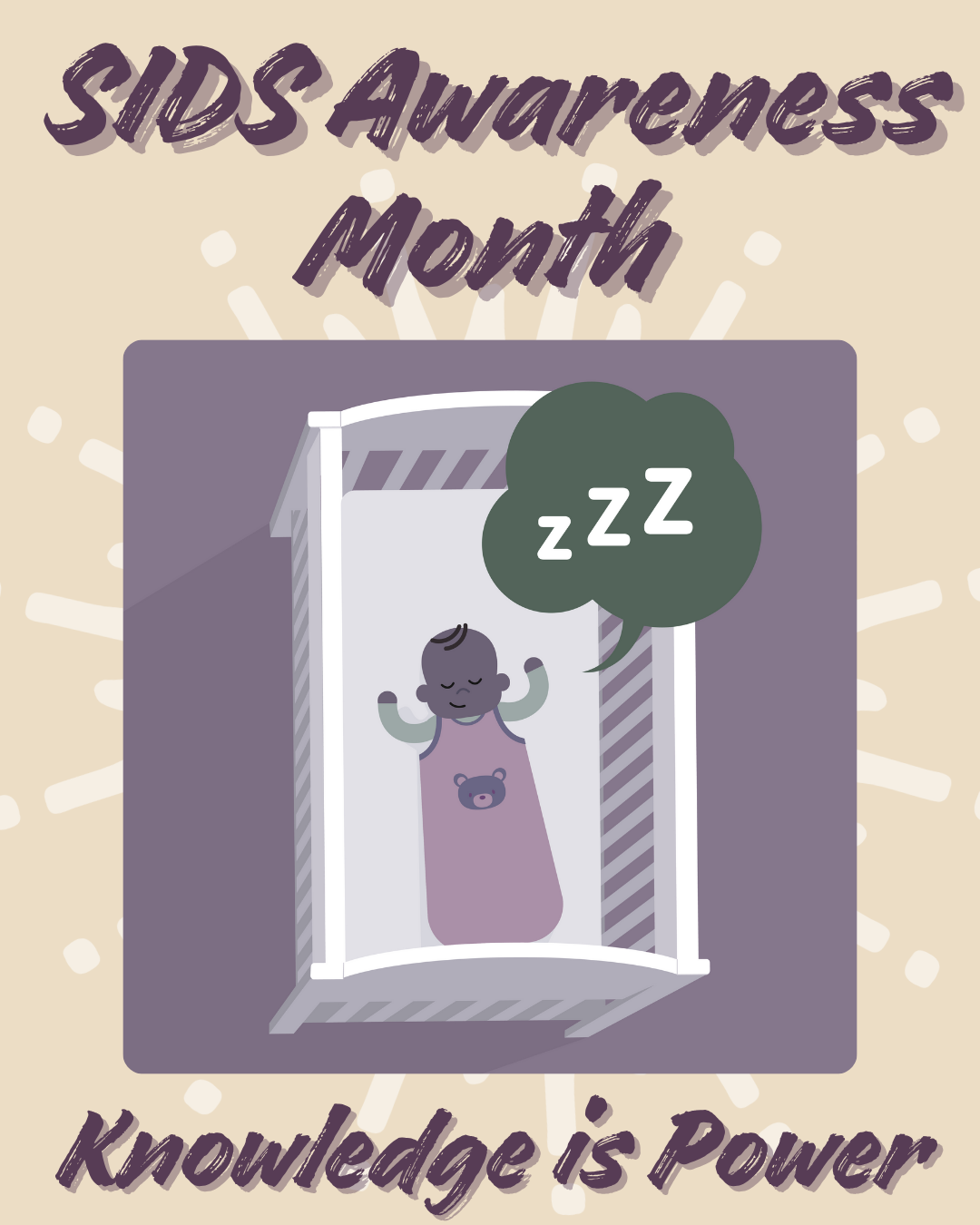How to Stay Grounded in the 4th Trimester
October 23, 2025
Nobody talks enough about the three months after birth — the stretch where everything feels upside down. Your body’s still recovering, your baby needs you constantly, and your sense of self? Kind of floats somewhere out of reach. This is the fourth trimester. It’s not just a wind-down from pregnancy — it’s its own wild chapter. Hormones crash, sleep disappears, and the smallest decisions feel enormous. You’re not doing it wrong. This phase is just that intense. What helps isn’t fluff or perfection — it’s support that works in the middle of the mess. The tips below are built for real life, not just the highlight reel.
Make early comfort a priority
Your baby just left the safest environment they’ve ever known. Replicating that feeling—at least in part—can make the transition smoother. Think swaddling that applies even pressure, slow-paced bottle or breastfeeds, and being held upright against your chest so they can hear your heartbeat. When paired with white noise and dim lighting, this setup helps babies echo the womb experience. While it sounds simple, the payoff is major: a more stable nervous system for the baby, and fewer jolting wake-ups for you. Use these elements consistently, especially during naps and evening wind-downs, to create clear
environmental cues that reinforce sleep and security. What supports the baby’s system also begins restoring yours.
Focus on micro-habit healing
Getting back to “normal” is a myth that hurts more than it helps. What supports healing isn’t dramatic change—it’s tiny, cumulative moves. Think small food swaps, gentle stretching, screens off one hour earlier. These are realistic steps toward healthier habits that don’t drain your already-limited energy. One intentional breath before nursing. One walk around the block instead of doomscrolling. It all compounds. These choices won’t just make you feel better—they’ll remind your brain and body what thriving looks like, even in this blurry, beautiful mess.
Reduce friction in feeding
Breastfeeding doesn’t always click. It’s easy to assume something’s wrong with you or the baby when latch issues, nipple pain, or oversupply show up. But most of these are early-phase hurdles—not permanent states. Getting help early can reset your confidence. Whether it’s a friend who’s done it before, a lactation consultant, or your pediatrician, outside input goes a long way. Many early breastfeeding challenges are fixable within a few days once the right pressure points are spotted. Be honest about pain. Track what times of day things feel smoother or harder. And when things improve, anchor into that pattern. You don’t need every feed to feel like bliss—just enough wins to shift from survival to stability.
Map out logistics before Baby arrives
Once you're home, decisions compound quickly: Who’s coming over and when? Who’s helping with food, chores, or errands? What are your limits around visitors and touching the baby? You shouldn’t have to make those calls from a place of exhaustion. That’s why building a postpartum support plan in advance matters. It doesn’t have to be formal—just a simple grid or notes app file outlining roles, preferences, and check-ins. When your brain feels foggy, it becomes the external memory you can rely on. Clarifying this with your partner or core support crew gives others confidence to step in and prevents you from being the default manager of everyone else’s help.
Manage your document chaos
New parents deal with more paperwork than they expect: birth certificates, leave forms, pediatric visit summaries, lactation consult receipts, health insurance updates, and more. But instead of sifting through bulky, unsearchable files, there’s a better way to split up dense digital files into manageable pieces (go here for more info). This simple workflow lets you separate what’s urgent, like insurance claims, from what can wait, like archived doctor’s notes. Being able to pull up just the one page you need—when your baby is crying and your hands are full—is a stress reducer, not just an organizer. It’s a way to control a corner of the chaos without burning your time or focus.
Accept help, and ask for more
Even when offered, help can feel hard to accept. You don’t want to inconvenience anyone, or you think it’s easier to do it yourself. But the fourth trimester is not the time for lone-wolf independence. Let someone fold the laundry. Let someone else take the baby for a walk so you can nap or just sit still. These aren’t luxuries. They’re vital swaps that give your system a chance to recover. The people around you often want to be useful—they just don’t know how unless you tell them. If they ask what you need, don’t shrug. Say: “Could you hold the baby while I take a real shower?” Say: “Can you reheat the leftovers so I don’t have to think?” Each time you say yes, you lighten the invisible load and make the transition less isolating.
Protect identity through small rituals
You are still you, even in the fog of diapers and midnight feeds. The fourth trimester doesn’t have to erase your personal rhythms—just reshape them. Schedule micro-moments: five minutes outside, a drink you love, a song that lifts you. These pauses build resilience. Share with your partner or support circle which gestures (a hug, a hot cup of tea, a flashlight walk) feel like nourishment. When your identity whispers beneath the baby noise, let it speak. Each tiny reinvestment in self becomes a way to sustain your energy without guilt.
The fourth trimester isn’t just about surviving—it’s about setting the scaffolding for a new rhythm that honors both your baby’s development and your own return to self. The answers aren’t in lofty ideals or milestone checklists. They’re in the low-friction tools, repeatable systems, and tiny wins you collect along the way. Let people help. Use structure to save your sanity. Say yes to what sustains and no to what drains. This phase is hard. But with the right scaffolding, it can also be deeply, surprisingly strong.
Support NICU families by visiting Miracle Babies and discover how you can make a difference through donations, volunteering, or getting involved in their impactful programs.




